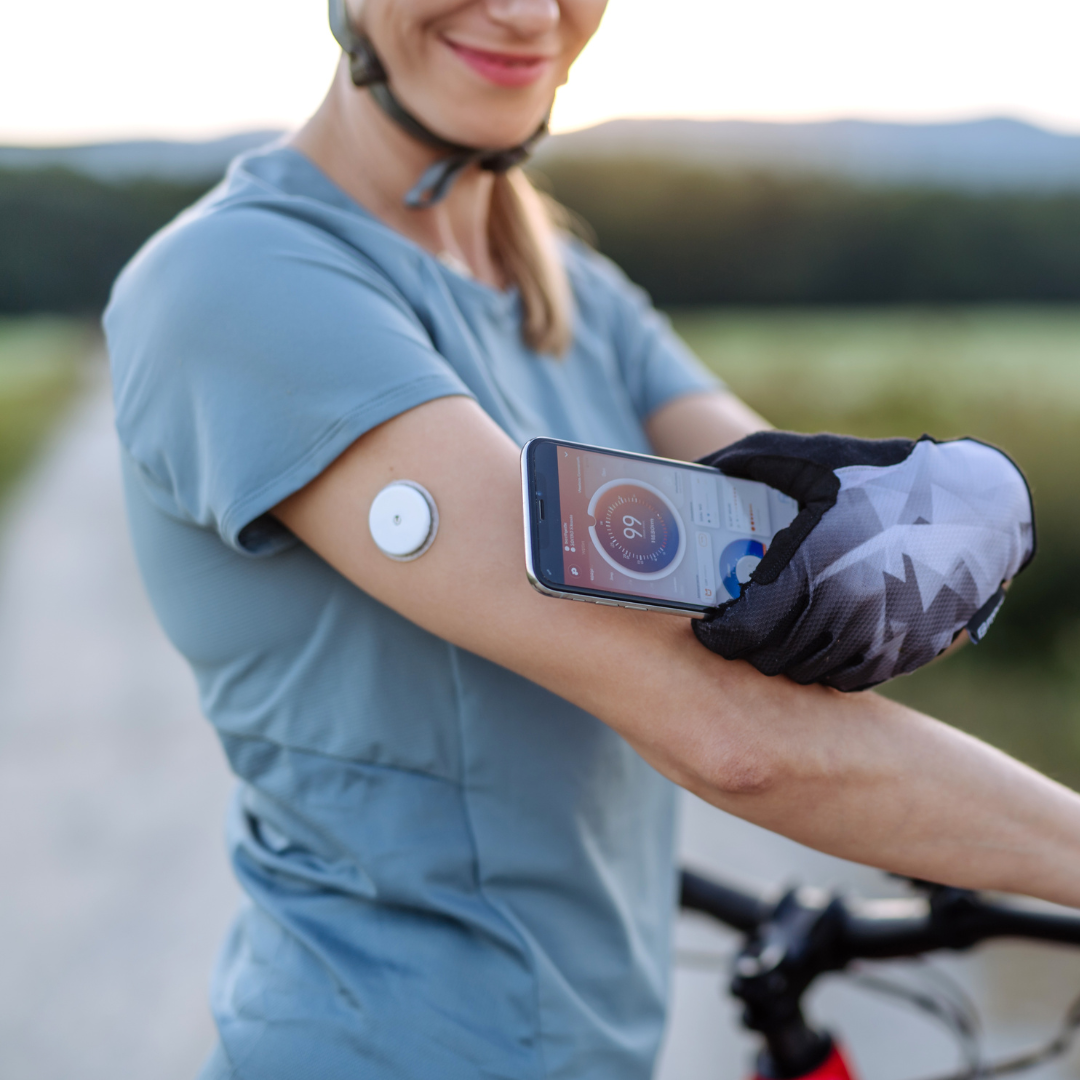The Dawn Phenomenon: Understanding the Early Morning Glucose Surge

For people living with diabetes, managing blood sugar levels can be tricky. There is something called the ‘Dawn Phenomenon’ which happens naturally and can be important for people with diabetes to learn about it.
In this article, we will go over:
- What the dawn phenomenon is…
- Its cause and impact, and…
- Strategies for managing it effectively.
What is the Dawn Phenomenon?
The dawn phenomenon is when your blood sugar goes up in the early morning, usually between 3:00am and 8:00 am, even if you have not eaten or taken medicine.
The dawn phenomenon leads to high levels of blood sugar, a condition called Hyperglycemia.
Causes of the Dawn Phenomenon
The dawn phenomenon happens because of some special hormones like cortisol, growth hormone, and glucagon. These hormones wake up our bodies in the morning. One of them, cortisol, tells our liver to release sugar into our blood. The other hormones make our body less sensitive to insulin.
This makes our blood sugar go up in the morning. It can be hard for people with diabetes who might not have enough insulin, or their bodies do not use it well, and their sugar goes even higher.
Impact on Diabetes Management
Sometimes, for people with diabetes, the dawn phenomenon can be tricky. It makes the sugar in their blood increase in the morning, and that can cause problems. You might feel like you need to urinate frequently, get very thirsty, feel tired, or cause blurry vision. If this happens frequently, it can lead to more serious problems with your eyes, nerves, kidneys, and heart.
Managing the Dawn Phenomenon
Although we cannot stop the dawn phenomenon completely, there are some things we can do to make sure it does not make our blood sugar go too high.
1. Check Your Glucose Levels: Make sure to check your blood sugar in the morning to see if it is too high. Normal fasting blood sugar recommendations are between 80-130 mg/dL.
2. Change Medication Timing: Sometimes, with your doctor’s help, you might need to change when and how much medicine you take to stop your sugar from increasing in the morning.
3. Eat a Snack Before Bed: Eating a healthy snack before bedtime can help keep your sugar steady during the night. It is good to have some carbs and protein in your snack to slow down the process of how your body uses sugar.
4. Move Around: Regular exercise during the day. Also, a short walk after dinner can help your body use insulin better and might stop the morning sugar rising.
5. Continuous Glucose Monitoring (CGM): There are special devices that can watch your sugar all day and night. They can tell you how the dawn phenomenon affects your sugar.
6. Insulin pumps: These are special devices that deliver short acting insulin continuously, and settings can be adjusted to deliver more insulin in the early morning.
Even though the dawn phenomenon happens naturally, it can be hard for people with diabetes to prevent early morning high sugars. But there are ways to make it better. Talking to your doctor or diabetes educator is important because they can help you find the best way to deal with this part of diabetes.
Author: Ellie Zaragoza RN, CDCES | CCS Health
This site is for educational purposes only. Talk to your doctor or healthcare provider before making any decisions about your health.



